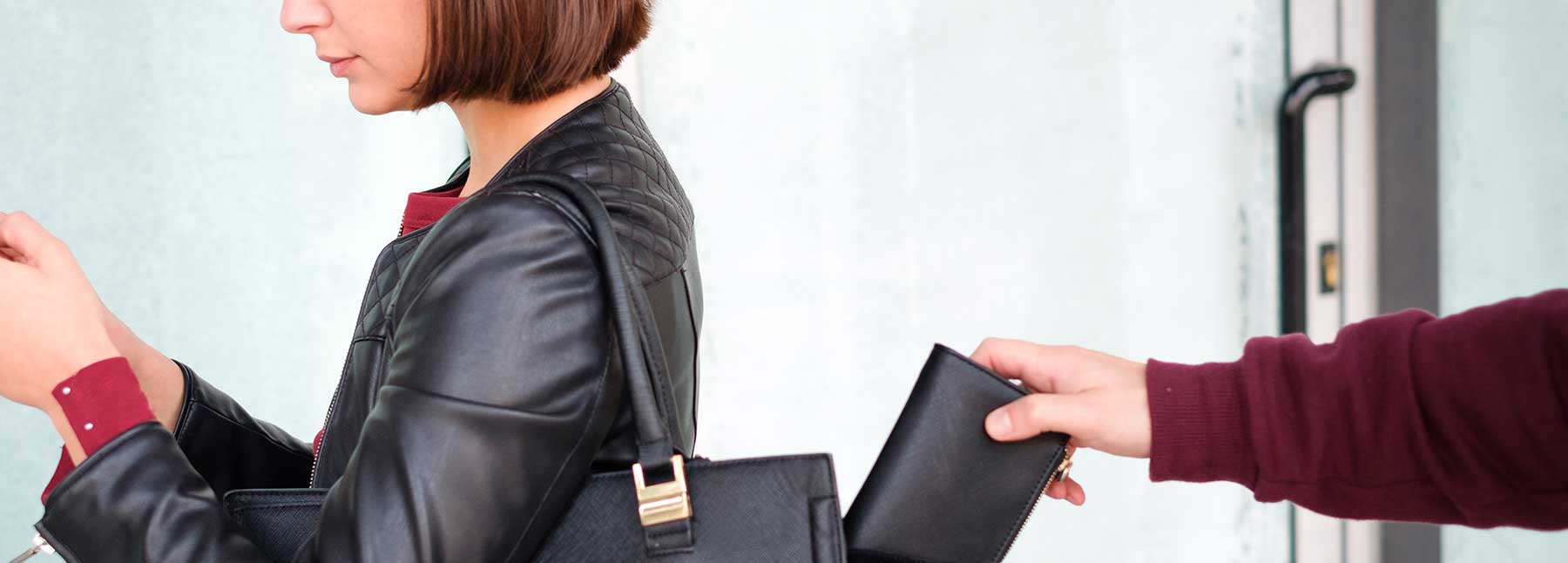Timeshares or holiday properties with divided form of ownership are sometimes sold to expats as a good investment or to provide them with somewhere to go on holiday. Be cautious if you are considering an investment like this. Timeshare holiday memberships can be sold by fraudulent tour companies. A recent example in Dubai saw hundreds of expats lose their investments.
How to avoid: be conscious about investing in timeshares. If you do want to invest in property, consult a financial expert for advice on the best course of action.
These are just some of the ways you may be parted from your hard-earned money. The best advice is to be vigilant and most of all, if anything seems too good to be true...it probably is.
If you are moving to a new destination with your family, our safety tips for expat families will help protect you and your children while you get to know your new home.
If you are concerned about your security or that of your family while you are living overseas expat travel security services can be accessed with some of our international health insurance plans.



